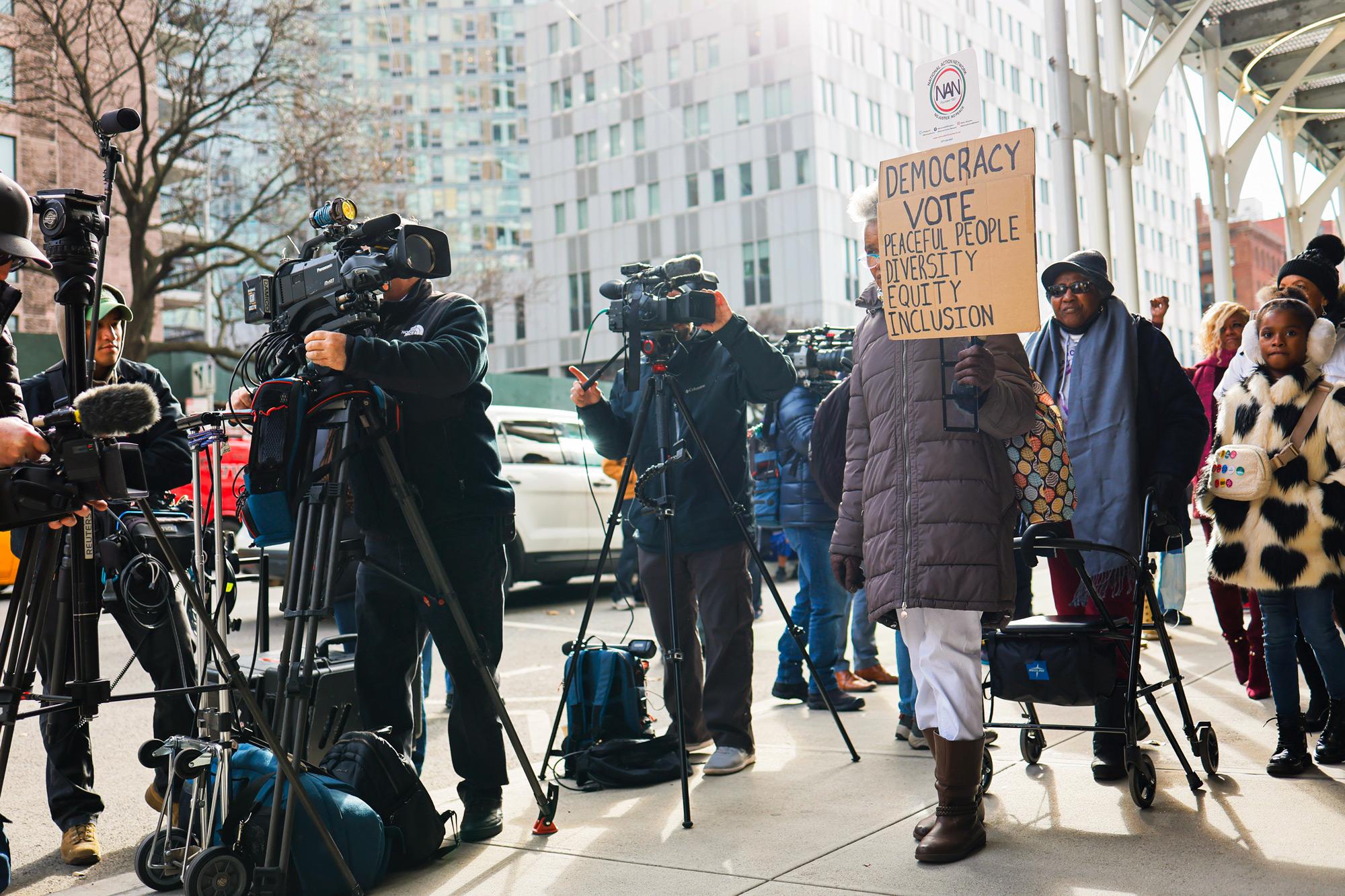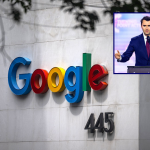
As Ford took steps last week to distance itself from the “diversity, equity, and inclusion” (DEI) movement that has swept the corporate world in recent years, it became just one of a number of companies that are rethinking their commitments to race-based ideology.
Ford’s reversal on DEI follows that of other major corporations, including Tractor Supply, John Deere, Harley-Davidson, Polaris, Indian Motorcycle, Lowe’s, and most recently Molson Coors, which have reportedly revised their DEI policies, either due to public pressure or legal challenges.
In addition, 25 companies have been formally notified by shareholders since 2021 that their DEI programs constitute illegal discrimination under federal and state civil rights laws, as well as a breach of fiduciary duty to investors.
“This is a trend, for sure,” Jerry Bowyer, president of Bowyer Research, a conservative investment consulting firm, told The Epoch Times. “The rapid succession, the way it’s occurred, there’s almost a cascade effect going on.
“That whole world of ESG, stakeholder capitalism, DEI—the whole idea of companies as social engineers rather than as value producing business—had just gotten so far ahead of what customers wanted,” Bowyer said. “Shareholders were not asking for this.”
“One by one we WILL bring sanity back to corporate America,” Starbuck stated.
In response to a request by The Epoch Times for comment, a Ford spokesperson stated: “The communication to our global employees speaks for itself. We have nothing further to add.”
Taking on Customer Feedback
A number of companies that pursued DEI and other progressive programs have come under pressure from activists, shareholders, customers, and state attorneys general to end them.
The company stated that it would no longer participate in the Human Rights Campaign rating system but instead “focus on rural America priorities including ag education, animal welfare, veteran causes and being a good neighbor, and stop sponsoring nonbusiness activities like pride festivals and voting campaigns.”
It further pledged to eliminate DEI roles within the company and drop CO2 emission goals, focusing instead on land and water conservation.
Law firms are also stepping back from DEI programs. Legal suits by conservative nonprofit American Alliance for Equal Rights (AAER) have compelled some major law firms to allow people of all races to apply for fellowships previously reserved for people of color.

“Using someone’s race as a factor in employment decisions is unfair, polarizing, and illegal,” Edward Blum, president of AAER, told The Epoch Times.
“Significant majorities of Americans of all races do not believe someone’s race should be used by any employer to hire or promote any individual. Corporations are at risk of being sued for their DEI practices.”
On the other side, organizations that support DEI policies have had harsh words for companies that backtrack.
Bloem said that activists who are pushing against DEI “believe they can bully their way into dismantling initiatives that help everyone thrive in the workplace.”
Bloem said with the LGBT community “wielding $1.4 trillion in spending power, retreating from these principles undermines both consumer trust and employee success.”
Advocates of DEI programs say that they are legal and beneficial.
“They do not disadvantage any particular worker. This is why they have long been held lawful.”
And many companies, such as Microsoft, have reiterated their commitment to DEI programs.

‘Eliminating All of It’
Some experts say that companies are assuming legal risks by setting corporate policy according to gender or race.
“Two recent rulings from the U.S. Supreme Court cast serious doubt on the legality of racial or gender-based quotas in employment,” Jeremy Tedesco, senior vice president of Corporate Engagement for the Alliance Defending Freedom, told The Epoch Times.
“Eliminating racial discrimination means eliminating all of it,” the court stated in its majority opinion. This was a reversal of prior court decisions, which ruled that racial discrimination at universities was permissible, provided that it was carried out as a remedy and for a limited time.
“Many companies were relying on the Supreme Court jurisprudence allowing racial bias in university admissions to justify their flagrant violations of labor law prohibitions on race and sex-based discrimination,” Will Hild, executive director of Consumers’ Research, told The Epoch Times.
“This reasoning was always dubious, but now that SCOTUS has made clear that discrimination in university admissions is illegal, they no longer even have the fantasy that their actions are legal.”
Subsequent court decisions clarified that the Harvard decision, which applied to school admissions under Title VI of the Civil Rights Act, also applied to employers under Title VII of the Act.
“In 2024, in Muldrow v. City of St. Louis, the Supreme Court clarified that Title VII protects against many different kinds of discrimination in the workplace, not just hiring and firing,” Tedesco stated.
“There’s just discrimination,” said Lucas, who is tasked with educating employers on federal employment law.
“Employers in general are not permitted to take any employment actions motivated by race or sex,” Lucas stated, and she urged employers to have their legal counsels review “every single piece of diversity work product.”

Signers were from Kansas, Tennessee, Alabama, Arkansas, Indiana, Nebraska, Iowa, South Carolina, Kentucky, West Virginia, Mississippi, Missouri, and Montana.
“Treating people differently because of the color of their skin, even for benign purposes, is unlawful and wrong,” the attorneys general stated. “Companies that engage in racial discrimination should and will face serious legal consequences.”
Studies Questioned
“Companies need to rethink their embrace of DEI,” Tedesco stated. “As legal requirements raise the cost and risk of DEI, recent academic work has shown that there is little if any benefit to the practice.”
A series of studies put out by McKinsey, a management consultancy, say that companies that have higher percentages of women or people of various skin colors perform better than those who have a higher percentage of a single gender or race. These studies were titled “Why Diversity Matters” (2015), “Delivering Through Diversity” (2018), and “Diversity Wins” (2020).
Based on the performance of companies in the S&P 500 index, Hand and Green found no statistically significant relationship between companies’ racial diversity and their sales, profits, or equity performance.
Outside of the private sector, the Biden administration has been actively implementing DEI programs for government employees.


“A growing body of evidence demonstrates that diverse, equitable, inclusive, and accessible workplaces yield higher-performing organizations,” the White House memorandum stated.
This effort, too, has sparked opposition.
“The DEI agenda is a destructive ideology that breeds hatred and racial division,” Vance stated. “It has no place in our federal government or anywhere else in our society.”













